Housing is increasingly becoming a huge problem for big cities and urban areas in general. In this sense, Barcelona is no exception to this rule and, even if it is in a much subtler way, neither is Catalonia as a whole.
Sostre Cívic (“Civic Roof”) is a Catalan nonprofit cooperative that offers an alternative to property companies and investment funds that own buildings and sell them at high market prices.
With more than 570 partners, Sostre Cívic works to promote cooperative housing, and it does so with different projects in different Catalan areas.
In Barcelona, Sostre Cívic has already designed and finished a couple of projects in two neighbourhoods: one of them is in Poblenou, the Balma project, and the other one is in Roquetes, Projecte cirerers florits ("the blossom cherry trees project").
This 2018, Sostre Cívic plans on spreading its work in different Catalan localities: in Cardedeu, a town with around 18.000 inhabitants, and in Sant Antoni de Calonge, a small coast town that has about 5.000 inhabitants.
The cooperative offers participatory titles as a means to fundraising, and you don’t even need to be a partner to give money for a particular cooperative housing project.
La Serreta, an ambitious social housing project in Cardedeu
In the outskirts of Cardedeu, a small town in the province of Barcelona, Sostre Cívic has launched Tornassol, a project focused on an assigned for use building called La Serreta. Up to now, La Serreta is just a project, but by 2020 its partners will have already settled down in its houses.
La Serreta is an ongoing architecture project that will consist in 39 houses, out of which 9 will be offered to families or people in need of supportive housing. Besides, 25% of La Serreta’s surface will be collective.
A cinema, a workshop area, a solarium, a vegetable patch, a multi-use classroom, relationship areas and more than one storehouse where neighbours will park their bicycles or keep their old stuff.
Behind all of these infrastructures there is a simple idea: that the future neighbours will actually share a big part of the space they live in, a space that is not for sale but for a meaningful living
La Serreta also aims at being sustainable in terms of energy waste, and so it has been designed to become a nZBE (near Zero Energy Building) where nearly all materials are recyclable. In the long run, architects aspire to turn La Serreta into a space that generates a surplus of energy.
The space divides its houses in three categories which are Small, Medium and Large, depending on the partenrs’ particular needs. Even for the Large cathegory appartment, the monthly price is very affordable, especially if we consider the many other services the space will offer.
Sant Antoni de Calonge: a housing project for the local youth
From Cardedeu we go to Sant Antoni de Calonge, a small town close to Girona, in the seaside. During the summertime, the village probably doubles its population, since it is a destination where many families, most of them Catalan but not exclusively, spend their holidays.
As good as summer holidays may seem for an area’s economy, Sant Antoni’s local youth have to struggle to find suitable decent jobs and affordables houses where they can live during the whole year.
To right this wrong situation, Sostre Cívic has designed another social housing project, in this case with the help of Calonge’s city council.
The cooperative plans on buying a long-time abandoned building in the area which has remained useless and vandalized for year. After the sale, Sostre Cívic will start working on the restoration .
Sant Antoni’s project still has a long way to go, and the cooperative is currently seeking those local youngsters who might be interested in moving to the next up-coming social housing space.
Sostre Cívic wants to transform private soil into common and collective social spaces, and by doing so the cooperative has a greater purpose: to instigate others to follow their path.
Even if cooperative social housing is still a rara avis in Catalonia today, Sostre Cívic is not alone. Only in Barcelona, other cooperatives like La Borda, in Sants neigbourhood, have already tried alternative hosuingsuccessfully.
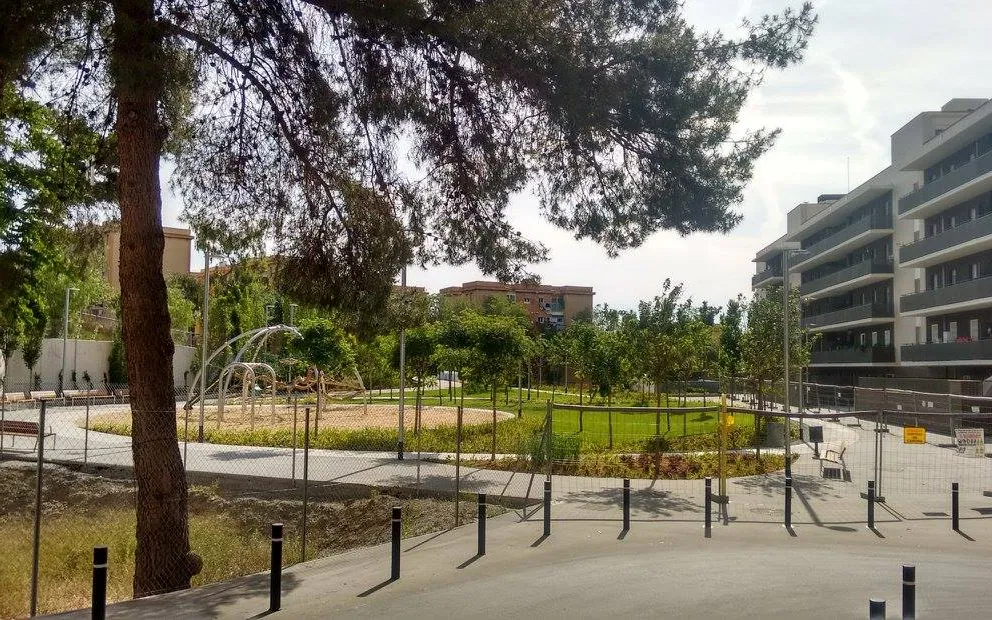
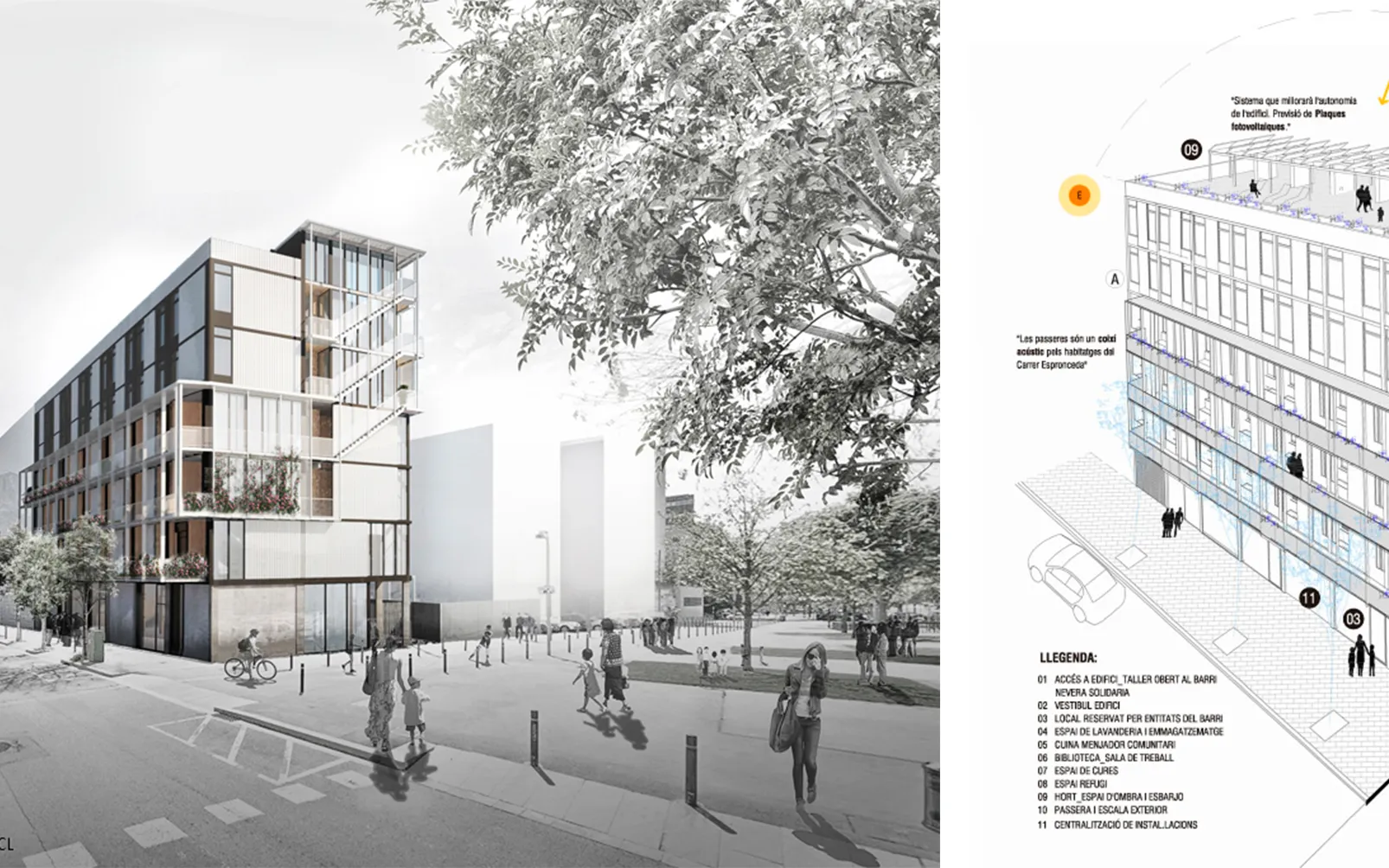
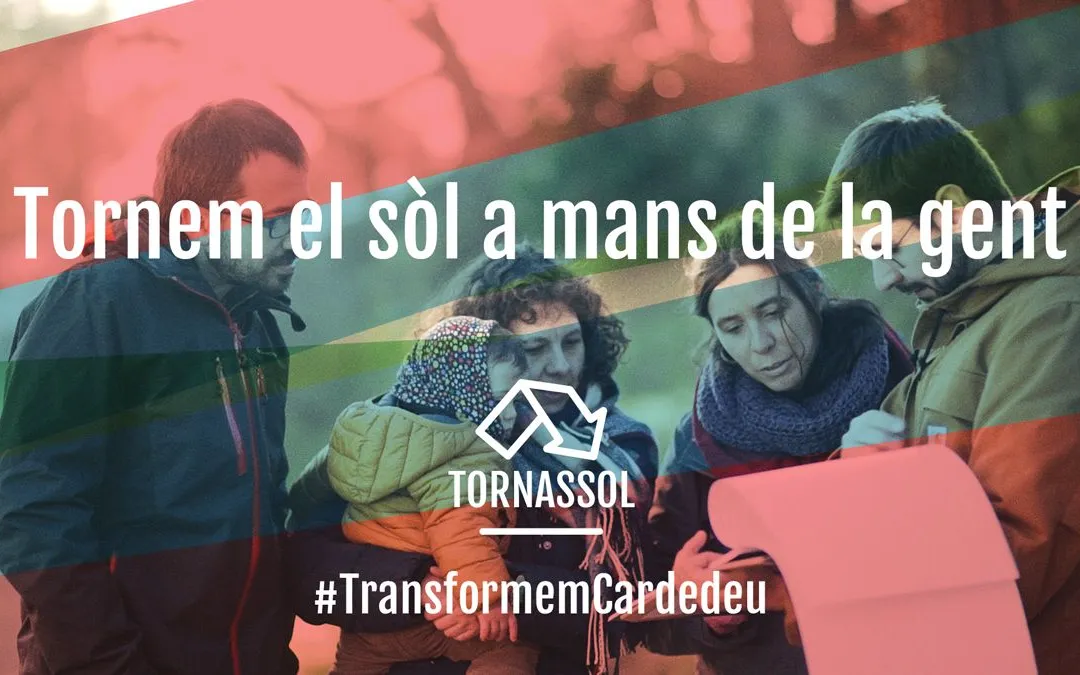
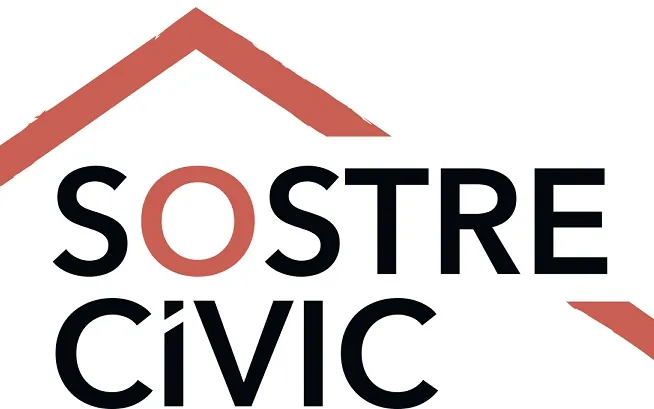
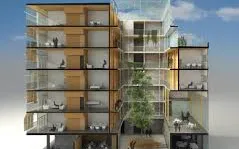





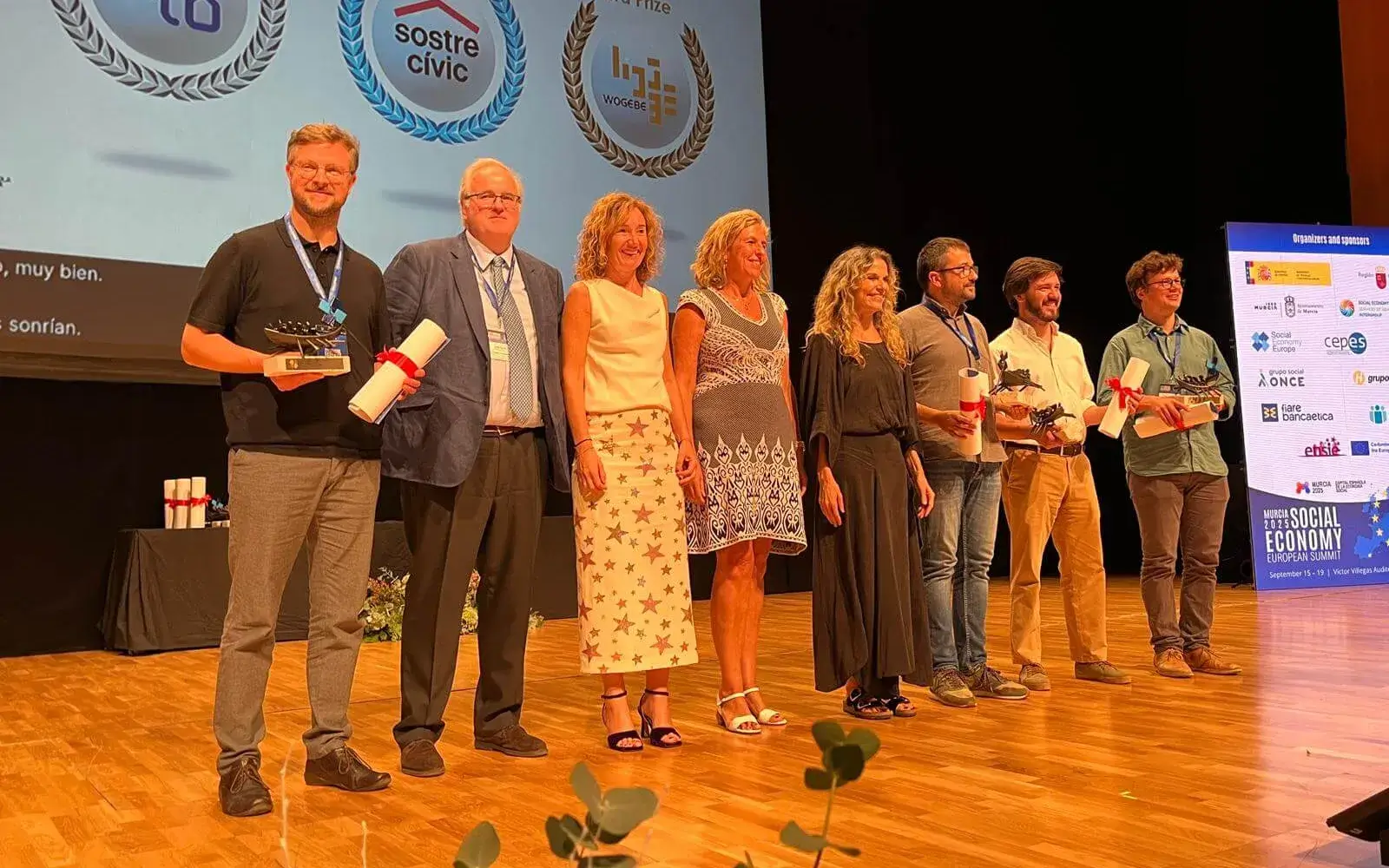

Add new comment